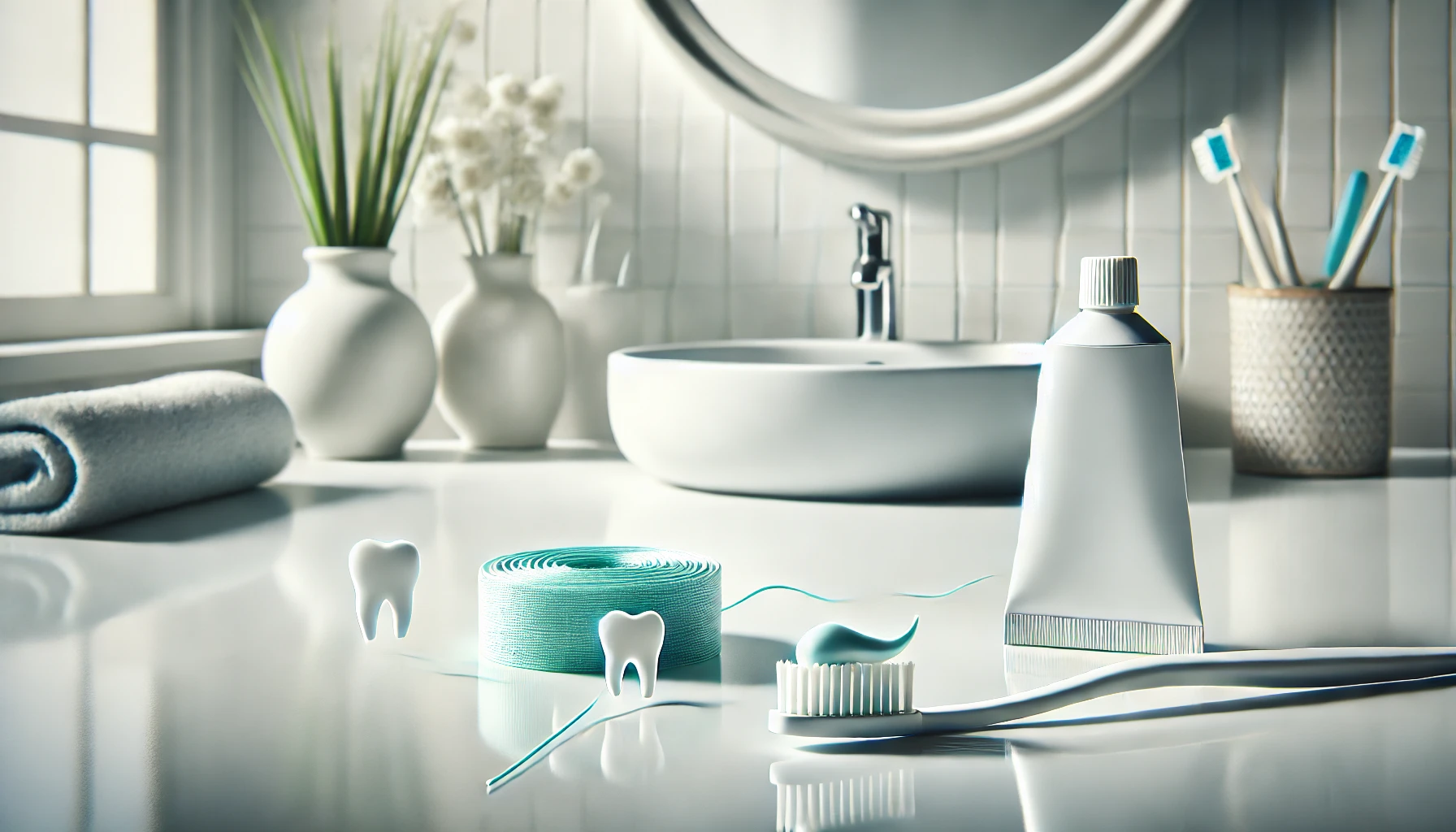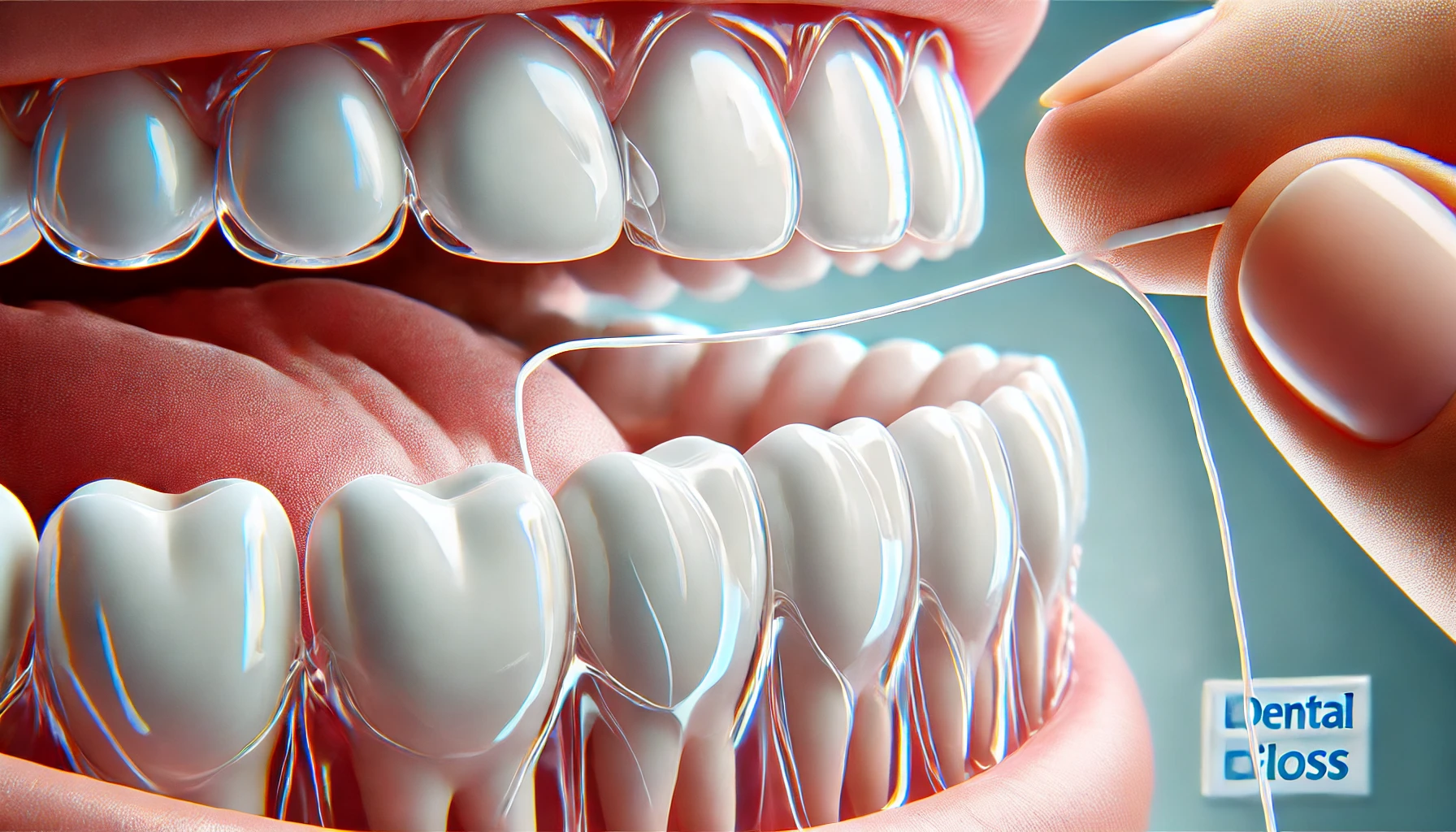When it comes to taking care of your teeth, most people know that brushing is crucial. But what about flossing? While brushing is great, it’s not enough on its own to keep your mouth in top shape. Flossing plays a critical role in your dental hygiene routine, yet many people skip it. So, why is flossing so important for your oral health?
Let’s take a closer look at why flossing should be part of your daily routine and how it can make a significant difference in your overall oral health.
Flossing Complements Brushing for a Complete Clean
Brushing your teeth is great for cleaning the visible surfaces, but it doesn’t get into those hard-to-reach areas between your teeth. These tight spaces are where food particles and plaque like to hide. This is where flossing comes into play.
By flossing, you remove debris and bacteria from between your teeth that your toothbrush just can’t reach. This step ensures you’re cleaning more thoroughly, helping to prevent cavities and gum disease in areas that might otherwise go unnoticed.
The Danger of Plaque Buildup
Plaque is a sticky, colorless film of bacteria that forms on your teeth after you eat. If left unchecked, it can harden into tartar, which is more difficult to remove and can lead to serious dental issues like gum disease and tooth decay.
Flossing regularly helps keep plaque from accumulating between your teeth. While brushing removes plaque from the tooth surfaces, it’s flossing that really tackles the spaces in between, which is essential for maintaining good oral health.
Preventing Gum Disease Through Regular Flossing
One of the most significant benefits of flossing is its ability to prevent gum disease. Gum disease starts when plaque builds up at the gumline, causing your gums to become inflamed, red, and prone to bleeding. This condition is known as gingivitis.
If gingivitis is left untreated, it can develop into periodontitis, a much more severe form of gum disease that can lead to tooth loss. Flossing daily helps remove the plaque and bacteria from the gumline, preventing the onset of gingivitis and keeping your gums healthy.

Oral Health Affects Your Overall Health
Many people don’t realize that poor oral hygiene can affect more than just your teeth and gums. There’s a growing body of research showing a link between oral health and overall health. The bacteria from gum disease can enter your bloodstream, potentially leading to heart disease, diabetes, and even respiratory problems.
By flossing and brushing regularly, you’re not only protecting your mouth but also taking steps to improve your overall health. Keeping your gums healthy may help lower the risk of developing these serious health conditions.
Incorporating Flossing into Your Dental Hygiene Routine
Flossing doesn’t take long, but the benefits are enormous. Here’s how you can easily add it to your dental hygiene routine:
- Brush Twice a Day: Use fluoride toothpaste to brush in the morning and before bed, ensuring you clean all surfaces of your teeth.
- Floss Daily: Pick a time that works best for you, whether it’s morning or evening, and make flossing a daily habit.
- Use Mouthwash: A good mouthwash can help rinse away leftover debris and kill bacteria that cause plaque and bad breath.
- Visit Your Dentist: Regular dental visits are crucial for professional cleanings and early detection of any dental issues.
By following these steps, you’ll maintain a cleaner mouth and reduce the risk of gum disease, cavities, and other oral health problems.
Flossing Techniques: Getting the Most Out of Your Efforts
It’s not just about flossing—it’s about flossing properly. If you’re not sure how to floss the right way, follow these steps to make sure you’re doing it effectively:
- Use about 18 inches of floss, wrapping most of it around the middle fingers of both hands.
- Grip the floss tightly between your thumbs and forefingers and gently slide it between your teeth.
- Curve the floss into a C shape against the side of one tooth and carefully slide it beneath the gumline.
- Move the floss up and down to clean the side of the tooth, then switch to a new section of floss for each tooth.
- Be gentle to avoid injuring your gums.
When you floss properly, you help prevent gum irritation and ensure a thorough clean. This technique may take a little practice, but it will make a big difference in your oral health.
The Long-Term Benefits of Flossing
Flossing isn’t just about keeping your teeth and gums clean in the short term—it also offers long-term benefits. Consistent flossing helps prevent cavities and gum disease, reducing the need for more serious
dental treatments like fillings, crowns, or even gum surgery. It’s a small daily investment that can save you from expensive and painful dental procedures down the road.
Additionally, regular flossing can help keep your breath fresh. Food particles and bacteria that get stuck between your teeth are a common cause of bad breath. By removing them with floss, you’ll enjoy fresher breath throughout the day.
Debunking Common Myths About Flossing
There are a few misconceptions about flossing that can discourage people from making it a part of their routine. Let’s address some of these myths:
- Myth: Flossing is painful. If flossing is painful, it could be a sign that your gums are inflamed from a lack of proper care. With consistent flossing, your gums will become healthier, and any discomfort should decrease.
- Myth: I don’t need to floss if I brush well. Brushing is essential, but it only cleans the surfaces of your teeth. Flossing is the only way to clean the spaces between your teeth, which are just as important.
- Myth: Flossing takes too long. In reality, flossing only takes a couple of minutes once you’re in the habit. The benefits far outweigh the small amount of time it takes each day.
Conclusion
Flossing may seem like a small task, but it plays a huge role in maintaining your oral health. By incorporating flossing into your daily dental hygiene routine, you’ll protect your teeth and gums from plaque, cavities, and gum disease. You’ll also improve your breath and support your overall health. So, if you’ve been skipping this step, it’s time to make flossing a non-negotiable part of your oral care routine!

